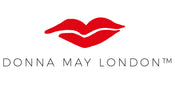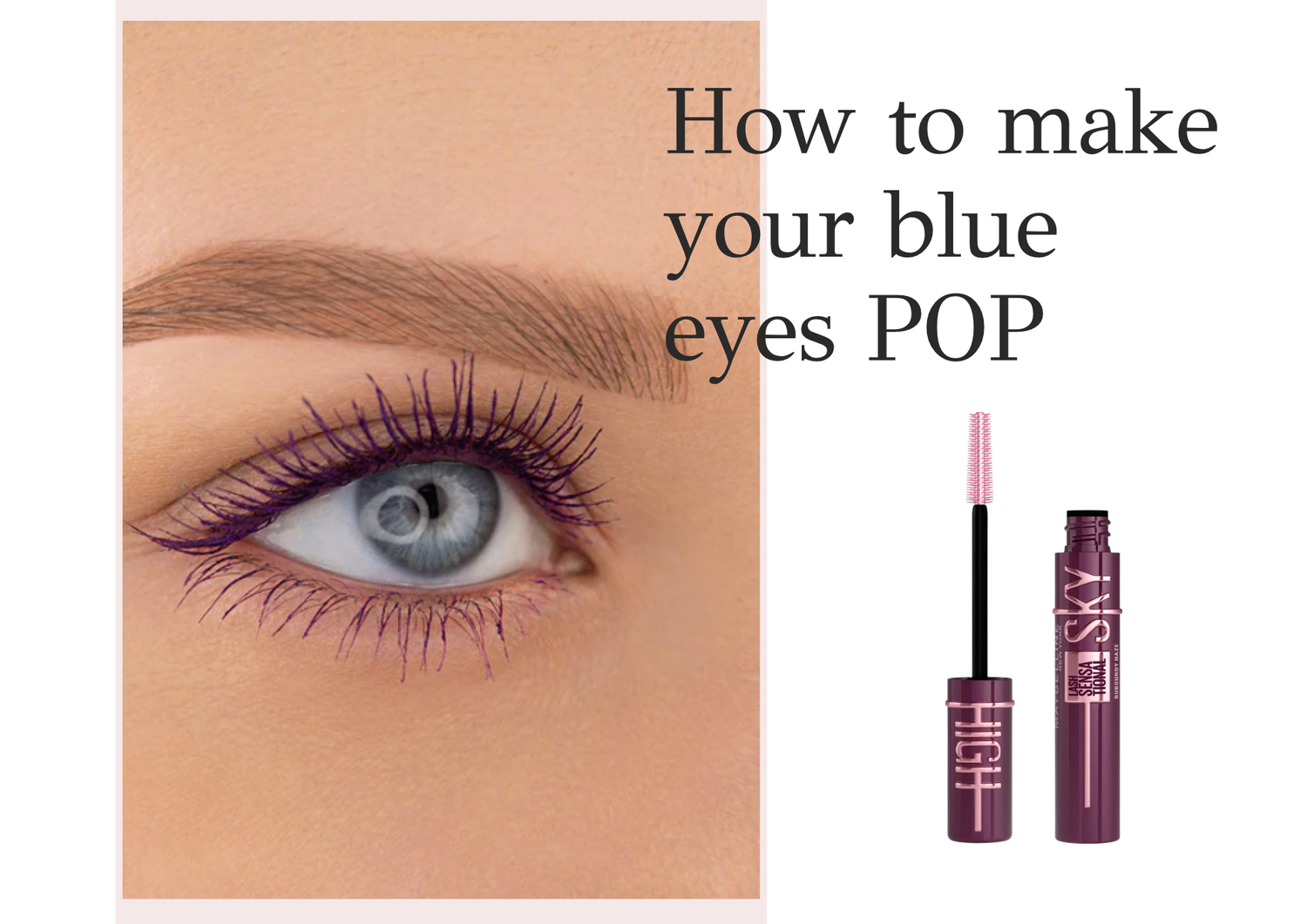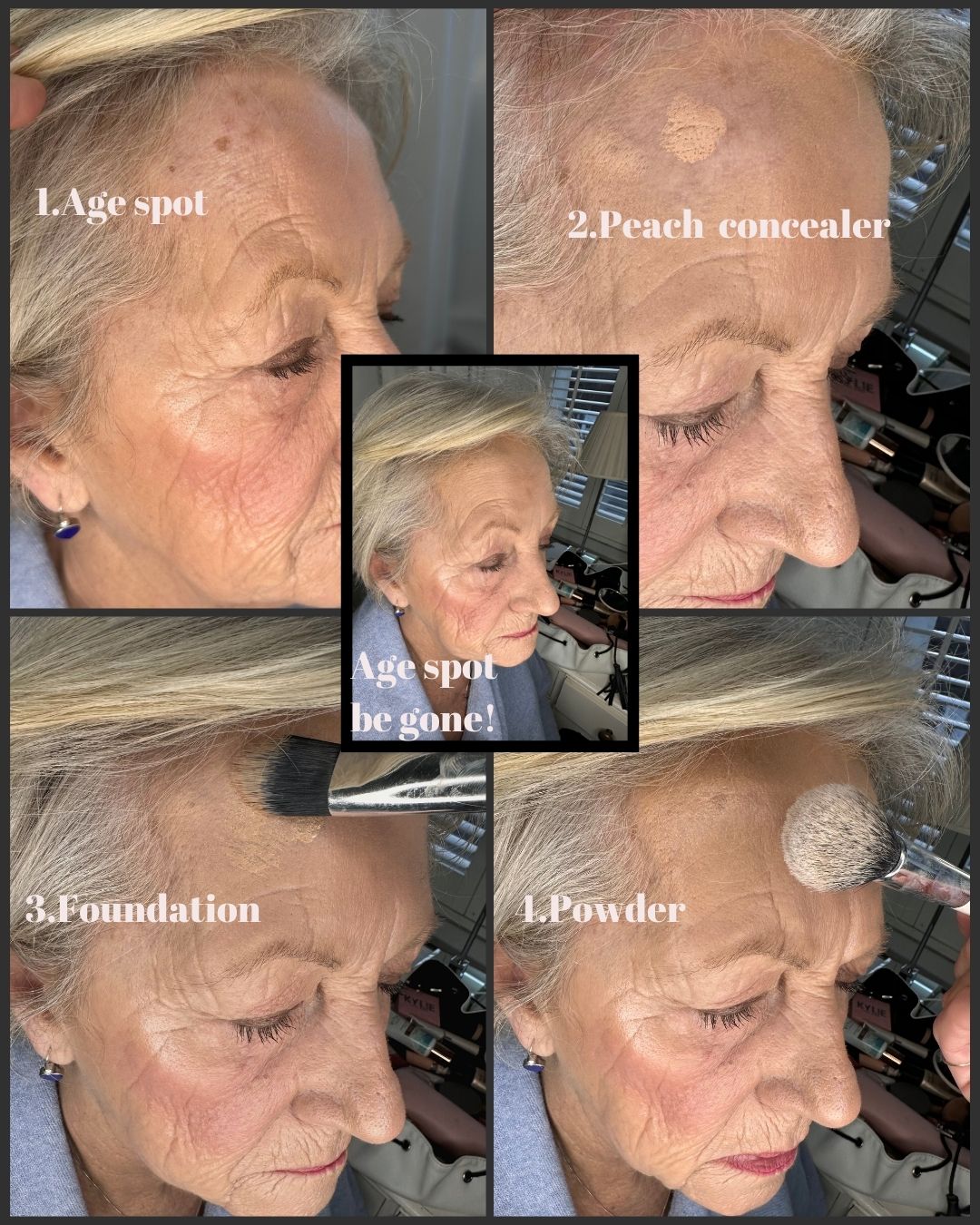Meet Hannah who shares her story with us after being diagnosed with Breast Cancer at the age of 26.

At what age were you diagnosed? I am sure that the day is firmly etched on your brain - can you talk us through the first 10 minutes after hearing the news?
I was 26 when I received my first diagnosis. The first 10 minutes were really strange. I remember struggling to process what the doctor was saying- the sound drowned out and I felt almost detached from the person in the room being told they had cancer. However, thoughts soon took form and began circling around my head. I started to worry for my family, my friends and, of course, for me. The uncertainty made it a really scary time.
How was your cancer detected? Did you experience changes in your breasts or was it a routine check that brought about the diagnosis?
I was helping setting up a treadmill (of all things) when I hurt my chest. I thought I’d pulled a muscle or something so sat down and started clumsily massaging my left boob only to come across an unmistakable lump. The lump was pretty big so I was a little shocked that I hadn’t noticed it before. Looking back I don’t know why I was surprised- I had NEVER checked myself.
How soon after your diagnosis did you share the news with your family and friends?
My immediate family and close circle friends were told fairly quickly. The shock threw off all my usual routines and plans from the get go so it was easier to keep them in the loop. Plus it meant they were able to offer support in those sketchy early days which I really valued.
I didn’t speak about my diagnosis ‘publicly’ until well after my active treatment had ended. I’m not sure why I made that choice but it worked for me at the time. The second time around, however, I took a different approach and was open with everyone from the off. And that worked too!
What treatment did you receive and over how long?
After the first diagnosis in March 2013, chemotherapy and a long list of operations including a lymph node clearance, a double mastectomy and multiple breast reconstruction attempts followed. In May 2016, after my last reconstructive surgery, I thought my things were done and dusted. However, in January 2017, I was diagnosed with a grade 3 local recurrence. Two small lumps of cancer were found in my chest wall, above my left implant. More surgery, including the total removal of my reconstruction, a further 12 cycles of chemotherapy and radiotherapy followed. I finished active treatment at the end of September 2017 but will need to take hormone therapy for 10 years.
What side effects did you endure? Can you talk us through any coping strategies you put in place?
I experienced many of the classic chemotherapy side effects; nausea, weight gain, fatigue, peripheral neuropathy, sore mouth, trouble sleeping…
I took any medications available to me to treat some of the side effects (and found peppermint tea to be a godsend for nausea) but where something couldn’t be treated or avoided, I took real comfort in knowing that things would soon pass or at least improve once treatment was over.
Joining an online breast cancer support group also helped me manage as I could ask about anything that was bothering me and receive responses and advice from people who had direct experience themselves.
Where did you get your strength from?
My family and friends, without a doubt. I wonder if I would have coped so well the second time around without my now husband Peter sometimes. Equally, and I know I’m not alone when I say this, I wanted to protect those around me as best as I could. So where loved ones gave me strength, they also motivated me to stay strong. It’s really difficult to watch someone you care for go through a serious illness and treatment as it’s easy to feel helpless and as though you are watching from the side-lines at times. I weirdly felt a lot of guilt for that so wanted to do my best in keeping it together where I could.
What was your biggest personal challenge throughout your treatment?
My biggest challenge has been learning to live with the fear of the cancer returning, and not allowing it to consume my thoughts and lead my thinking. Usually, and outside of the context of serious illness, when we contemplate death it’s something we assume/take for granted will happen in the future. Cancer can bring that prospect forward into the now. However, you can’t live your life constantly looking over your shoulder. I’m learning to spin it and use my experiences as motivation to make the most of every day and live well.
Did you have a support network around you?
Yes- I am very lucky to have some amazing friends and a family. What’s more in the 4 years between my first and second diagnosis I met and got engaged to my then boyfriend, Peter. He was glued to my side throughout all of my second dalliance with cancer which I’m eternally grateful for, particularly as I found it emotionally more challenging.
What kind of things did you do to distract you during your treatment - both in hospital and at home?
In hospital, treatments went by quickest with company. Sitting around chatting, or just sitting in silence reading books/magazines. In truth sometimes I just stared into space or tried to have a little snooze between times but having someone there in those moments was still appreciated. I find it really upsetting that some people are currently being forced to undergo treatment alone.
At home I remember binge watching all six seasons of the Sopranos and other shows over the days I felt too poorly to do anything, so I’d definitely recommend some good tv or books. On the days in between cycles of treatment where I felt ok enough to go out, I’d try to plan things to look forward to such as trips to the theatre and lunch with friends.
As a friend or family member of a Breast Cancer sufferer - what is the no.1 most important thing that they can do for you?
Be there. Whether that’s physically in the room, or at the end of a phone. Check in regularly to ask how they are and what you can do for them, but also check in just to goss about the latest Netflix series or the like (remember, they are not just their cancer!)
Equally - what is the no.1 thing that they should NOT do or say?
Don’t start avoiding the person with cancer or go quiet on them. Unfortunately your silence is unlikely to go unnoticed. I know it can be hard to know what to say or what to do sometimes but you must find a way. It is really easy to feel isolated or even entirely cut off from the wider world during cancer and treatment as it is, so be mindful of that.
How did your appearance change during treatment?
Chemotherapy thinned my hair and towards the end of my treatment I developed several bald patches. My eyelashes completely fell out as did most of my eyebrow hair. I looked very pale all of the time and gained a fair bit of weight which gave me an oddly round face. More permanently, I had a bilateral mastectomy and following the second diagnosis, my reconstructed breast had to be removed leaving me completely flat on the left side. I now wear a prosthesis in my bra.
It was thanks to the cold cap that I didn’t lose all of my hair during chemotherapy and luckily I had a good result both times.
Has your diagnosis affected you on a long term psychological level?
As I mentioned before, I have a fair bit of anxiety around the cancer returning. I think it coming back once already really shook my confidence and I worry that I won’t be so lucky a third time…in that, should it return again, it won’t just be ‘local’ disease but will have spread elsewhere. I’m working on it.
Where are you now in your recovery?
I have yearly scans to make sure nothing is making an unwelcome comeback and to date have what they call ‘no evidence of disease’….which I am grateful for every day. Particularly as I became a mother to a little girl four months ago. I was told in Feb 2017 after some tests that the chemotherapy I had following my initial cancer diagnosis had impacted my ovarian reserve and fertility to the point it would be unlikely to withstand the further treatment planned to treat my cancer recurrence. Despite that I fell pregnant naturally in Oct 2020 (even after that further chemotherapy). She’s my little miracle ☺
Looking back, is there anything you would have done differently?
Before the cancer, yes- check myself! Turns out that although breast cancer in young women is considered uncommon, it’s still the cancer women under 40 are most likely to be affected by. …and this is something I really wish I’d known before. Prior to my diagnosis, I honestly believed that checking myself was a waste of time. My 9cm tumour only went to show that I had been completely neglecting to do something so basic and yet so important.
What is the biggest piece of advice you would give anyone facing cancer right now?
Take each day or week as it comes and try to be kind to yourself. Positivity is great but allow yourself to feel what you feel without guilt. It’s said a lot but it genuinely is a rollercoaster. Look after yourself, plan fun days and things to look forward to throughout treatment, and find an outlet of some description...be it meditation, writing, art, exercise, talking or whatever might work for you.
There is also wealth of support out there so don’t be shy in reaching out. Breast Cancer Now, Macmillan, Maggie's are all good places to start.





